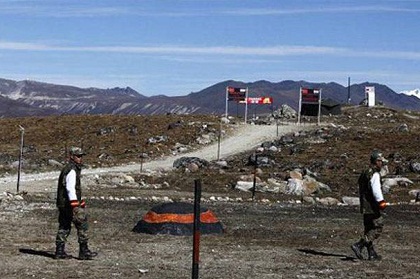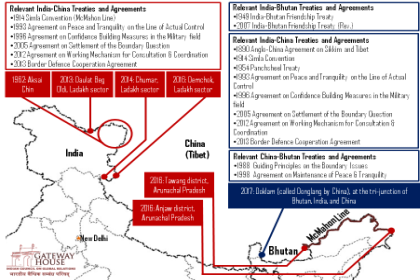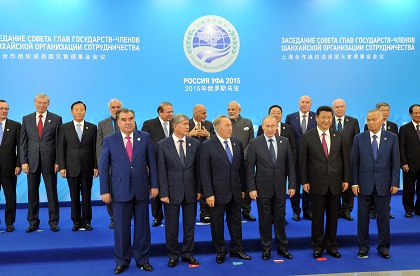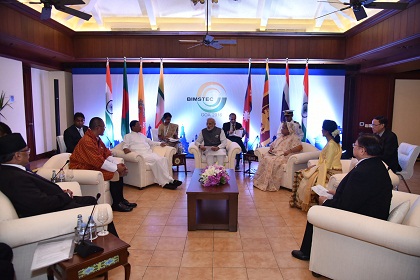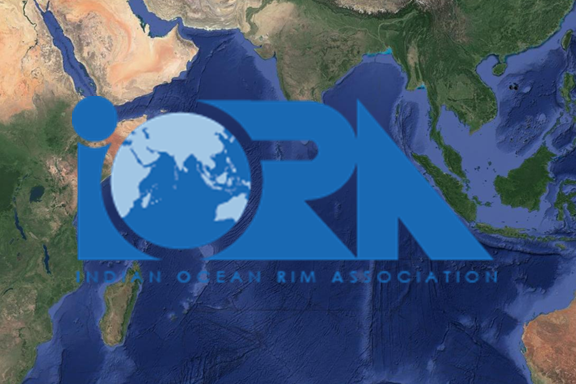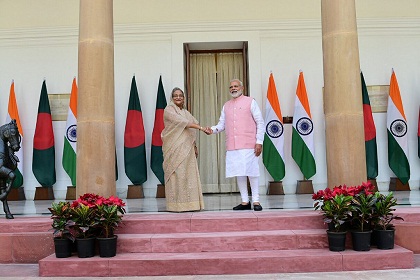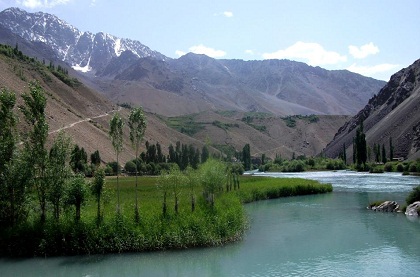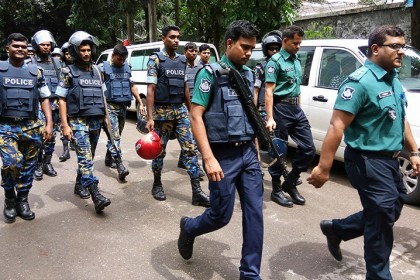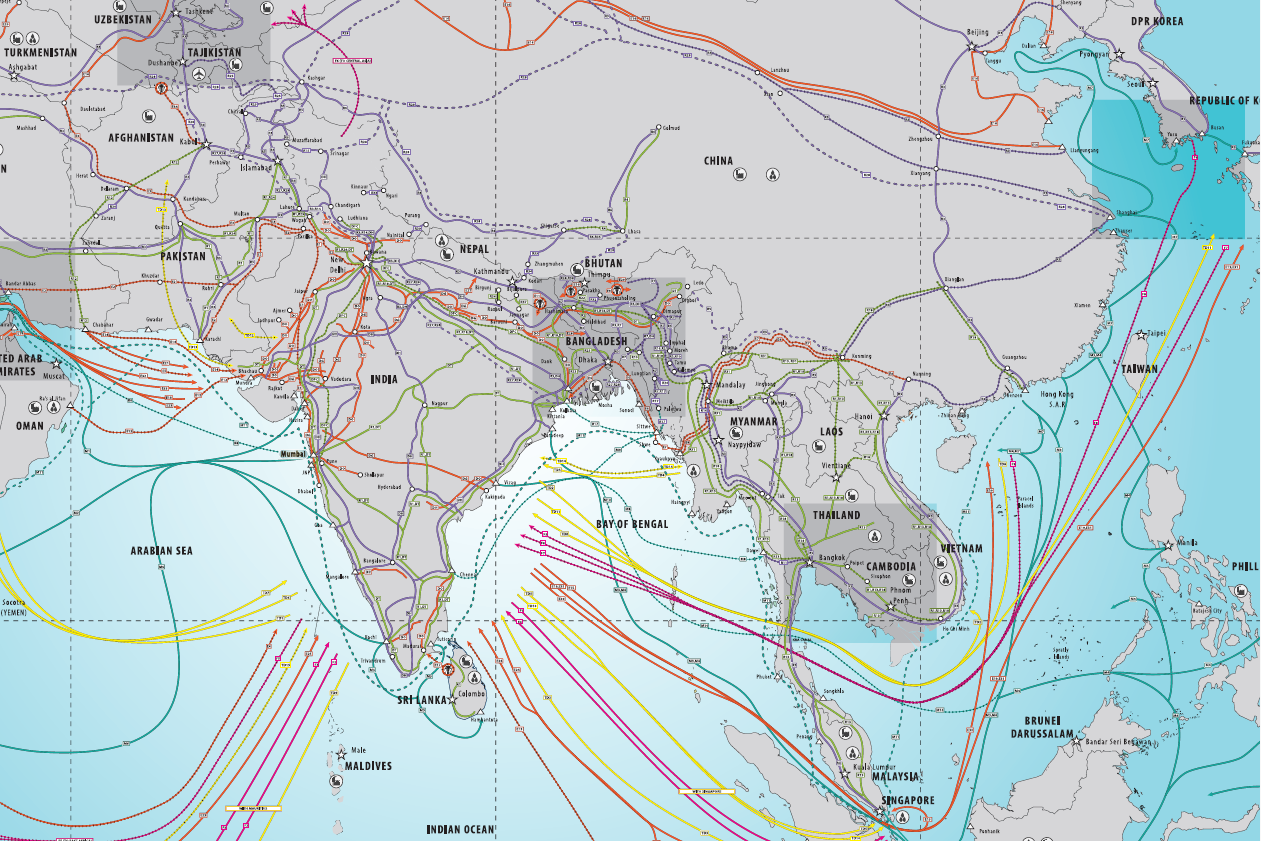Doklam: India-China cold front to continue
The origin of current India-China hostilities in Bhutan harks back to a colonial era agreement framed in 1890 between the British and the Qing empire on issues related to Tibet and Sikkim. The present standoff is an occasion to revisit many aspects of a relationship that has shown perennial strain

